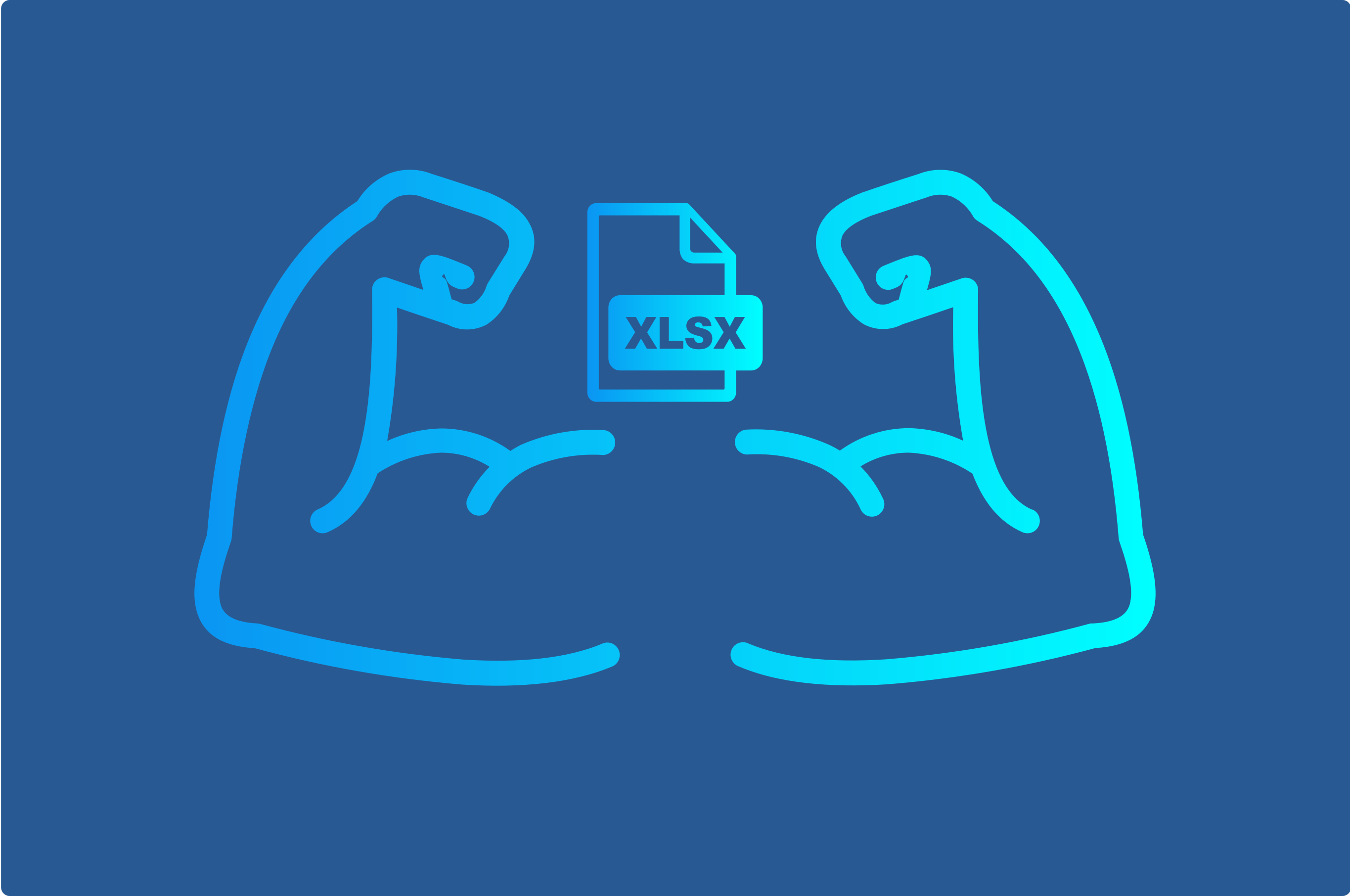Stefan Borenich
Jan 18, 2023
Corporate Sustainability Reporting Directive (CSRD) - Are you prepared?

Requirements
The latest suggestion from European Commission regarding Corporate Sustainability Reporting Directive is ambitious. Large corporations need to report according to the new guidelines already for fiscal year 2023.
The current plan of the EU is to publish a first set of standards in October 2022 and an adopted version, including sector specific information, in October 2023. However, in 2024 information from fiscal year 2023 needs to be reported already.
This timeline makes it difficult for companies to implement the standards in a timely manner.
Target group
The number of companies required to report on sustainability quadruples from around 11.000 covered by NFRD to almost 50.000 covered by CSRD.
A company needs to report according to this new guidelines if two of the following conditions are met:
- € 40 mio net turnover
- € 20 mio in assets
- 250+ employees
In addition, also small companies need to report in case they are listed.
Information to be disclosed
As outlined by the European Commission, large companies have to publish information related to
- Environmental matters
- Social matters and treatment of employees
- Respect for human rights
- Anti-corruption and bribery
- Diversity on company boards (in terms of age, gender, educational and professional background)
There are many underlying KPIs and measures to be collected under each of those outlined points. Although, full details are not yet disclosed, looking at the current non-financial-reporting-directive gives an indication about how many KPIs a company needs to report.
Problem - Collecting CSRD data from all your subsidiaries and locations
The fact, that the new standards are about to be finalized only shortly before regulation comes into place, makes it difficult to prepare for the collection processes.
Especially, companies with many subsidiaries or locations will struggle to implement proper collection processes. This will lead to workaround solutions and many head offices will collect required information manually. Usually, this leads to numerous spreadsheets being sent back and forth, making data collection time-consuming and error-prone.
Solution - colea
With colea required KPIs can be collected easily and on a regular basis.
- Define a template including all measures needed to be collected
- Define who needs to submit the data
- Define how often data needs to be submitted (e.g. yearly)
- Start collecting
The collected measures are consolidated automatically and can be reported in any reporting framework.
Also trends can be analyzed due to the fact that colea stores historic data and provides this information to any downstream system.
We have some more information in our use-case section, presenting how easy the setup of such a collection is. Take a look at the following link:


